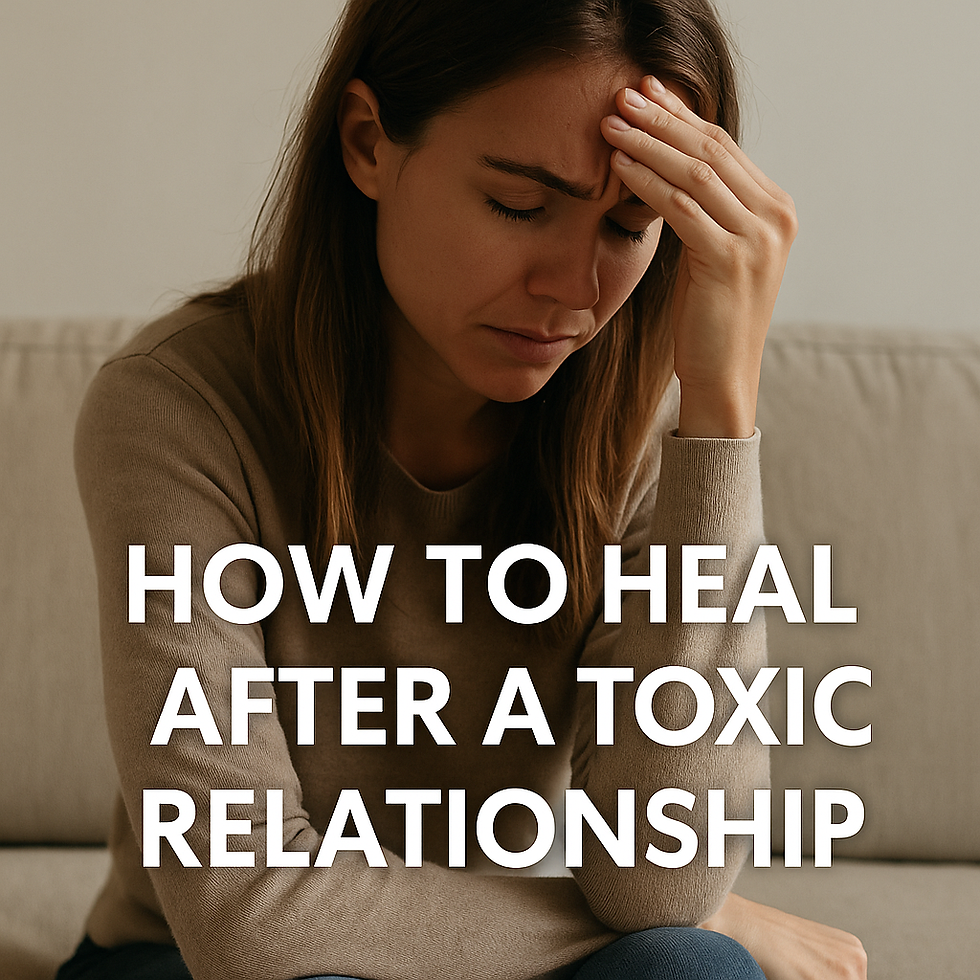Grieving a Divorce or Separation: What No One Tells You
- zeespareddeer
- May 15, 2025
- 2 min read
When we think of grief, we often associate it with death. But grief also shows up in endings that don’t involve funerals—like divorce, breakups, or the unraveling of long-term relationships.
Separation grief is real. It’s deep. And it’s often misunderstood—even by the person experiencing it.
Let’s talk about what grieving a divorce or separation really feels like—and why it deserves the same care and compassion as any other form of loss.
1. You’re Grieving More Than Just a Person
You’re grieving a future you imagined. The shared routines. The inside jokes. The family traditions. The plans that never came to life.
You’re also grieving versions of yourself—who you were in that relationship, and who you thought you’d become.
That kind of grief runs deep.
2. It’s Lonely in a Different Way
Unlike death, people don’t always know how to support someone going through divorce or separation. You may hear:
“At least you’re free now.”
“You’ll find someone better.”
“You’re lucky it ended before it got worse.”
But this kind of optimism can feel dismissive. What you really need is space to be heartbroken—even if it was the right decision.
3. You Might Still Love Them
Love doesn’t switch off when a relationship ends. You can know a relationship wasn’t healthy—and still miss them. You can feel relief—and still cry your eyes out. You can end it yourself—and still feel abandoned.
All of those feelings can coexist. And that doesn’t make you weak. It makes you human.
4. The Logistics Can Intensify the Grief
Unlike death, where there’s a final goodbye, separation often comes with continued contact:
Co-parenting schedules
Legal documents
Mutual friends or shared finances
This makes healing harder. Every email, pickup, or holiday can reopen wounds. That’s not just inconvenience—that’s layered grief.
5. Grieving a Relationship Can Shake Your Identity
When a relationship ends, you’re not just losing your partner—you’re losing a role.
You may go from:
“We” to “I”
“Wife/Husband” to “Single”
“Parenting together” to “Parenting alone”
This shift can leave you wondering: Who am I now?
And that’s a grief of its own.
6. You Don’t Need to Justify Your Pain
It doesn’t matter if it was a short relationship or a 20-year marriage. It doesn’t matter if you “should have seen it coming” or “knew it wasn’t right.”
Grief doesn’t wait for logic. If your heart is hurting, it’s valid.
7. You Deserve Support
You don’t need to figure this out alone. Therapy can help you:
Process complicated emotions
Rebuild your identity
Cope with triggers
Create new meaning and direction
This isn’t about “moving on.” It’s about moving through—with support.
Final Thoughts
Grieving a divorce or separation can feel invisible—but it’s real. And it’s worthy of acknowledgment, time, and healing.
You’re not broken. You’re grieving. And healing is not only possible—it’s already happening, moment by moment.
Need a safe place to process your loss? Book a session with Alberta Online Counselling and begin your journey of healing, rediscovery, and hope.




Comments